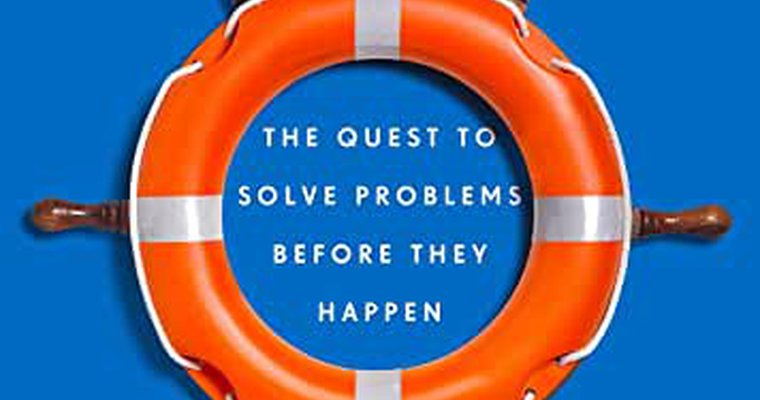Book review: Upstream, by Dan Heath

 ChatGPT
ChatGPTImagine that you are having a picnic at the side of the river with your friends.
Suddenly you hear a child shouting because they are drowning in the river. You and one of your friends leap up, courageously dive in the river, and rescue the child.
As soon as you get the child safely on land, you hear the same thing again. So, you both jump back into the river and save that child as well.
And as soon as you get that child to safety, you guessed it, you hear another one. And then another. And another.
Finally, your friend wades out of the water, leaving you to fend for yourself.
"Where are you going?" you ask. Your friend responds, "I'm going upstream to tackle the guy who's throwing all these kids in the water."
This is the opening illustration in Dan Heath’s new book, Upstream. The main idea of the book is that in order to solve the most important problems, you have to catch them upstream.
I listened to this book while driving across West Texas headed for California. This is an enjoyable and insightful addition to the Heath brothers’ collection. They helpfully add content to the websites supporting their books. You can find a one-page summary there along with a suggested reading list.
Heath says there are three barriers to Upstream thinking. The first is Problem Blindness. This is the attitude that negative outcomes are natural or inevitable. This leads us to miss potential solutions sitting right in front of us.
The second problem is Lack of Ownership. When nobody takes responsibility for a problem, nobody solves it. The third problem is Tunneling. Tunnel vision leads us to focus only on those problems which are the most tangible to the exclusion of all the others. This is akin to focusing on the urgent at the expense of the important.
Heath then provides seven questions to help focus problem-solving actions.
1. How will you unite the right people?
2. How will you change the system?
3. Where can you find a point of leverage?
4. How will you get early warning of the problem?
5. How will you know you are succeeding?
6. How will you avoid doing harm?
7. Who will pay for prevention?
Short-term solutions do not work in the long run. Finding and solving problems upstream does.
| David Bowman, (DMin, PCC) is the Executive Director of Tarrant Baptist Association in Fort Worth, Texas. He also serves as a Multiplying Trainer for Future Church Co. Learn More » |
More on Book Reviews
- Book review: Building a Storybrand (by Richard Blackaby)
- Book review: He Leadeth Me (by Richard Blackaby)
- Book review: Rare Leadership: 4 Uncommon Habits for Increasing Trust, Joy, and Engagement in the People You Lead (by Richard Blackaby)
- Book review: Shaping History Through Prayer and Fasting, by Derek Prince (by Richard Blackaby)


